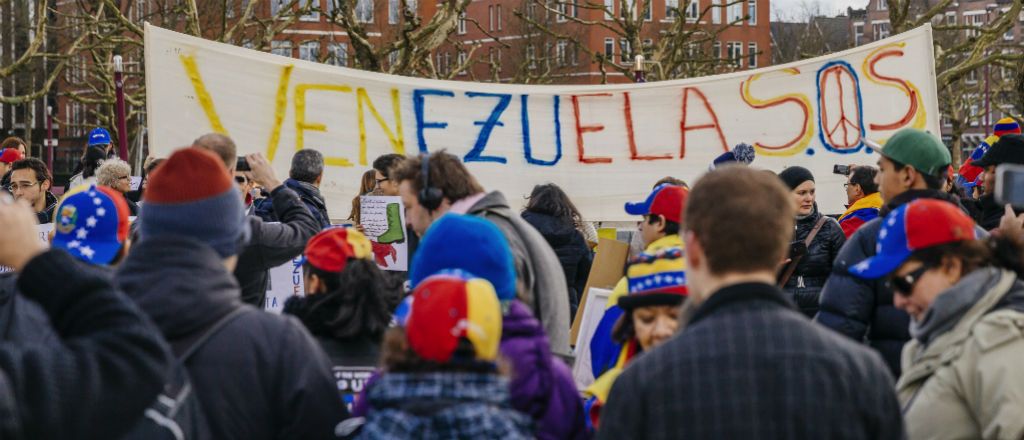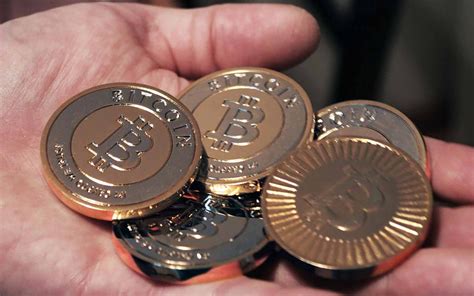“Think about it: Venezuela, Cuba, Nicaragua, Vietnam, North Korea, the former Soviet Union – they all start with the intention of leveling the playing field – or making things better for the little guy – and instead, they created misery, poverty, destruction and a permanent ruling class of bureaucrats.” -Trish Regan
Venezuela, a nation in northern South America that once held the title as one of the richest countries in Latin America. However, since Hugo Chavez’s socialist policies were put into place Venezuela has fallen to an economic collapse. In this post I will discuss Venezuela before and after they became a Socialist nation and how their reforms ultimately led to their economic collapse.

Free Market Commerce:
Once a rich nation due to their vast natural resources, including oil reserves, the nation had more wealth than they knew what to do with. Capitalism fared well in Venezuela because of this fact. Venezuela wasn’t considered the richest country before Chavez came into power, but their economic state still ranked high on most scales for Latin American countries at that time.
In the 1970s, the economy of oil-rich Venezuela was flourishing. Venezuela had some of the highest GDP growth rates in Latin America. Being a middle-income country, it appeared that Venezuela would be able to sustain its high standard of living for years to come. Poverty, unemployment, and inflation were all low compared to other countries at this time.
The Venezuelan economy thrived under free market policies. Private companies were allowed to create businesses without government interference so long as they followed all relevant laws when doing so. This made Venezuela an ideal location for many major corporations. It meant they could operate freely within their borders without being too restricted by government regulations or tax laws, which are often used against them by other governments around the world.
Comfort, economic freedom and opportunity abounded. Venezuela was a land of milk and honey. Venezuela prospers through Capitalism.
The Shift:
Venezuela, like any other country, has searched for political and economic stability. Venezuela tried to be free-market capitalist, but after the 70’s oil boom Venezuela became more and more influenced by socialism. Leading them down this path of economic collapse. The Venezuelan experiment with Socialism began in 1998 when Hugo Chavez won his first election.
As many other countries go, Venezuela decided they needed their own form of democracy. After winning his first election Chavez set forth on the road to democratic socialism, or as he put it “21st Century Socialism”. This type of government is not like traditional communism. There are still multiple political parties allowed unlike communist governments, where only communists are able to participate.
In 1999 Hugo Chavez became president after winning by a landslide vote with promises he could bring real change to Venezuela’s social issues such as poverty and inequality. He set out on what most people believed was going to be an economic revolution similar to Cuba or China, but instead his policies caused Venezuela’s economy to collapse from one of the strongest economies in South America down into the crisis levels we see today.
From Comfort to Starvation:
The fall from prosperity was an insidious process. Venezuela’s economy had always been dominated by oil, Venezuela has some of the largest known oil reserves in the world. Wealth was built on selling their petroleum around the world at high prices, and having a resourceful, productive economy. It wasn’t until Hugo Chavez came into power that they decided to stop participating in free trade and instead replaced it with government controlled socialism.
The country began printing more money than Venezuela could afford, leading to inflation rates of 800% today. Which means you have to take a wheelbarrow full of cash just to buy basic food items like milk or meat. It is estimated that Venezuela now needs triple what most countries need per day just for necessities. Everything else becomes too expensive due increased costs from importing goods since Venezuela can no longer produce domestically anything except oil anymore.

By 2015, Venezuela had become one of the worst economic disasters in history. Venezuela’s GDP per capita is one-third that it once was. Poverty had risen to more than 60% of house holds, almost 30% in extreme conditions. Inflation rates also reached all time highs, going above 120% from the previous year where there was 62% inflation rates. Poverty levels have rose exponentially since 1999. Venezuela truly stands out among other countries affected by recession or depression because their economy contracted so severely over such a short period of time! Socialist Maduro inherited Venezuela with its already troubled economy but couldn’t make things any worse right? Wrong.
By 2018, unemployment and poverty rates skyrocketed alongside inflation. Impoverished and hyperinflated. By 2018, inflation had risen to above 65,000%. 92% of households were in poverty (as around 92% still are today). Things had only gotten worse.
The socialist policies implemented into Venezuelan society were what destroyed this country even more than it ever could under capitalism alone. Venezuela before Venezuela with socialism is an entirely separate story.
Capitalism Vs Socialism:
During their time of free trade, the Venezuelan economy faced a variety of issues, though not as detrimental as those faced in their socialist fall out. The issues included poverty, unemployment and inflation . Venezuela before socialism was facing the same issues that it has now but not to such a drastic degree.
When Venezuela had an economy based on capitalism they may not have thrived as much as some other developed countries in the world during this time frame, but at least people didn’t go hungry on massive scales or need to risk their lives crossing borders just so they could find a decent livelihood. There was a ton of opportunity, production and prosperity, but stricken with issues that come into any economy.

Venezuela did not drastically change until Hugo Chavez began implementing his new Socialist Party of Venezuela into society during his presidential term. He promised a better life for all Venezuelans through socialism that would redistribute wealth equally without infringing upon individual rights or free markets.
This redistribution instead created more economic issues. While it redistributed some resources, it prevented them from being distributed efficiently among its people. Leading to even less productivity than before when there were fewer restrictions on the market place.
Quite The Difference
Socialist Venezuela is an entirely different story than one of poverty-stricken capitalism ever could be. Capitalist Venezuela did not do anything wrong; they were prosperous until socialism came into play. That is what destroyed them completely. Socialism (historically) always leads to ruin! Capitalism may have its flaws here and there, but nothing so flawed as socialism has proven to be.
Free markets hold the value of individual liberty. When those liberties are sacrificed for the “greater good”, the greater number usually suffers. Dictators throughout history have used ideologies to manipulate masses into their control. The market always wins, sometimes it’s not pretty. When markets are restricted, the market is not going to play nice; needs must be met, freedoms must be exercised, lest the market grows hungry and the multitudes feel the hunger pangs.




